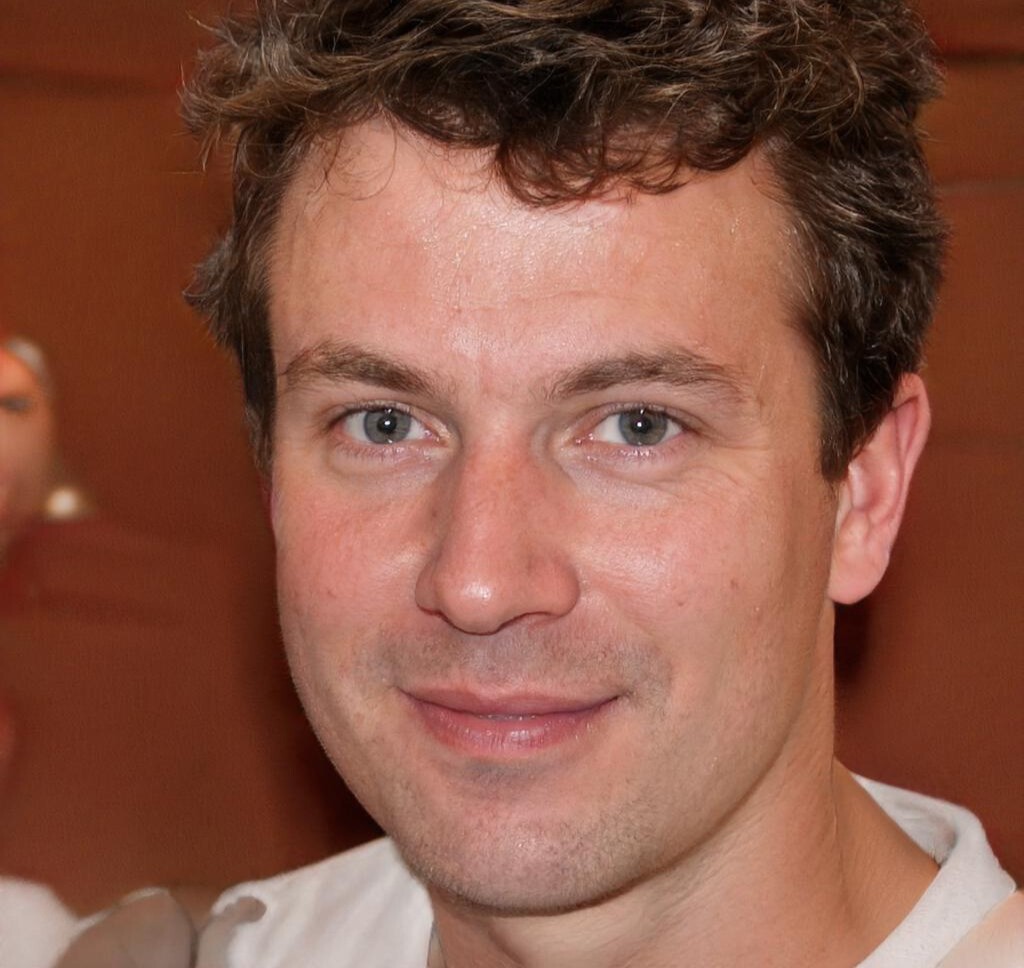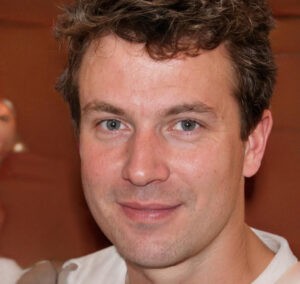
Unveiling Insights: Jean Piaget’s Remarkable Observations of Children
In the realm of child psychology, one name stands as a beacon of understanding the intricate workings of young minds – Jean Piaget. This article peels back the layers of history to reveal the fascinating locations where this renowned child psychologist conducted his groundbreaking observations of children.
A Glimpse into Piaget’s Legacy: Observing the Unseen
Jean Piaget’s contributions to child psychology are a testament to his dedication to unraveling the mysteries of children’s cognitive development:
- Birthplace of Insight: Piaget’s journey began in his homeland, Switzerland, where he laid the foundation for his groundbreaking theories of child development.
- University of Geneva: Piaget’s extensive research and studies were primarily conducted at the University of Geneva, where he delved deep into understanding how children’s minds evolve.
The Clinics of Intellectual Exploration: Cliniques de Psychologie
Piaget’s observations extended to a series of clinics he established, known as the Cliniques de Psychologie:
- Insight into Intelligence: These clinics provided Piaget with an invaluable platform to interact directly with children, conducting hands-on experiments and observations.
- Exploring Thought Processes: The Cliniques allowed Piaget to delve into the intricacies of children’s thought processes, unlocking insights into how they reason, solve problems, and conceptualize the world.
The Global Traverse: From Europe to the World

Piaget’s curiosity transcended borders, leading him to conduct observations across the globe:
- United States: Piaget’s ideas gained prominence in the United States, where his theories influenced the field of education and psychology.
- Beyond Europe: Piaget’s research took him to various countries, including the United Kingdom, where he shared his findings and collaborated with fellow scholars.
Legacy Beyond Observation: Shaping Modern Understanding
Jean Piaget’s observations reverberate through modern child psychology:
- Constructivist Theory: Piaget’s constructivist theory laid the groundwork for understanding how children actively construct their knowledge through experiences.
- Educational Impact: Piaget’s insights transformed educational practices, advocating for child-centered learning and fostering a deeper understanding of children’s cognitive abilities.
Conclusion
Jean Piaget’s legacy as a child psychologist is a testament to his insatiable curiosity and unwavering commitment to understanding the minds of children. From the tranquil landscapes of Switzerland to the clinics that bore witness to his experiments, Piaget’s journey spanned continents and left an indelible mark on the field of psychology. His observations have illuminated the intricate paths children traverse as they navigate their cognitive development. As we reflect on Piaget’s remarkable contributions, we acknowledge the profound impact his insights continue to have on our understanding of young minds and the ongoing quest to unlock the secrets of childhood cognition.

 Troy Starling is the dynamic and innovative mind behind an array of successful digital ventures, renowned for his expertise in technology and marketing. As a seasoned entrepreneur, Troy’s journey is marked by his ability to identify and capitalize on emerging trends, creating solutions that resonate with modern consumers. His projects often blend cutting-edge technology with user-friendly interfaces, making technology accessible to a broader audience. Troy’s leadership style is characterized by a forward-thinking approach and a commitment to fostering a culture of creativity and continuous learning within his teams. His ventures not only achieve commercial success but also set new standards in their respective industries, reflecting his vision of leveraging technology to improve everyday life. Whether it’s through groundbreaking apps or digital platforms, Troy Starling remains at the forefront of the digital revolution, constantly pushing boundaries and inspiring innovation.
Troy Starling is the dynamic and innovative mind behind an array of successful digital ventures, renowned for his expertise in technology and marketing. As a seasoned entrepreneur, Troy’s journey is marked by his ability to identify and capitalize on emerging trends, creating solutions that resonate with modern consumers. His projects often blend cutting-edge technology with user-friendly interfaces, making technology accessible to a broader audience. Troy’s leadership style is characterized by a forward-thinking approach and a commitment to fostering a culture of creativity and continuous learning within his teams. His ventures not only achieve commercial success but also set new standards in their respective industries, reflecting his vision of leveraging technology to improve everyday life. Whether it’s through groundbreaking apps or digital platforms, Troy Starling remains at the forefront of the digital revolution, constantly pushing boundaries and inspiring innovation.
